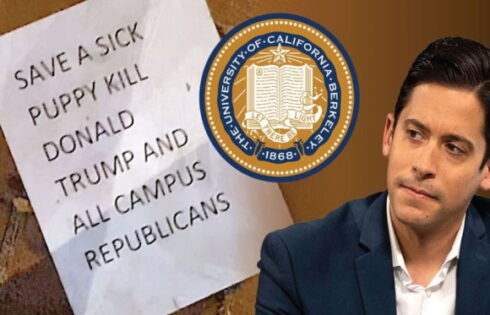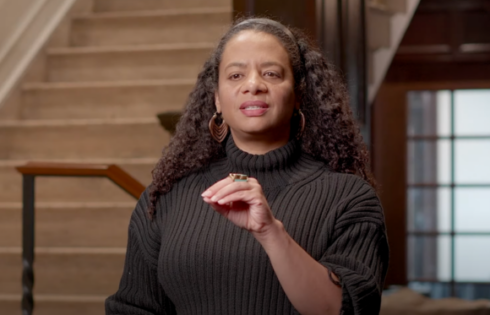
With a new national focus on how colleges can deprive students accused of sexual assault of their right to due process, driven by a number of lawsuits by accused males against their schools, it’s important not to downplay how schools really do botch their obligations to students reporting their alleged rapes.
Jezebel shares the story of Johns Hopkins University administrators frantically telling each other in a series of emails that they were undeniably violating the Clery Act and Title IX by not giving a “timely warning” to the campus about an alleged gang rape at a frat house:
In a subsequent email thread among several administrators, Johns Hopkins Title IX Coordinator Allison Boyle expressed her concern: “We are about 90 days out from the report, and I am growing increasingly concerned about our Title IX obligations as they relate to the case,” she wrote, going on to suggest that “some kind of warning about the Pike House [be sent] to students.”
In a response email, Dennis O’Shea, executive director of communications, said, “My concern is the criticism we will take for not acting (and for not already having acted) if we acknowledge that there are allegations out there.” JHU Provost Robert Lieberman responded in a similar vein: “Seems to me we will need an answer to the question of timing: why are we issuing this statement now as opposed to weeks or months ago?” he asked.
Johns Hopkins ended up doing nothing until it learned that Baltimore had declined to prosecute “due to insufficient evidence,” at which point its Title IX coordinator said a “Clery notification is not now required.”
An administrator apparently gave one of the alleged victims bad legal information, too:
The complaint further alleges that Dean of Student Life Susan Boswell actively discouraged another student from formally reporting her sexual assault, telling her that “no student has ever been expelled over sexual assault or had any sort of annotation on their transcript.” According to the anonymous complainant, Boswell also told her that going through an on-campus hearing process would prevent her from reporting the assault to Baltimore police, which is patently untrue.
Boswell has since been promoted to a new position that makes her a leader on the school’s new Sexual Violence Advisory Committee.
In another story from this week, Jezebel notes that University of Florida police seemed helpless in catching an attempted rapist who attacked three young women over nine days, all of whom managed to get away without serious harm. (A fourth attack was later determined by police to not fit the pattern of the other three, The Independent Alligator reported.)
And police there have the same problem with campus warnings:
Last night, a Twitter account that issues UF campus alerts tweeted immediately after the assault took place, and then didn’t let students know that the suspect was still running around for another three hours. At that time, students received a text message letting them know that once again, a whole team of officers was unable to locate a single 6’5″ dude in Florida shorts.
None of these problems justifies a campus investigation process that tells young males to shut up when they’re accused and accept whatever punishment a cabal of Law & Order wannabes doles out, just to get the Department of Education’s Office for Civil Rights off their backs.
Nor do they justify that office’s religious conviction, recently imposed on Princeton, that a 50.01 percent evidence standard for guilt is the only option, when so many alleged assaults boil down to a he-said, she-said situation between students who were drunk or include credible evidence of an alleged victim’s affirmative pursuit of sex.
You can make a good case that so many colleges’ inability to consistently show fairness to either side in a sexual-assault case is all the more reason to let the criminal justice system handle such allegations, and direct reform efforts at police and prosecutors. After all, some schools appear to have incredibly broad definitions of “sexual assault” – Yale’s unusually light punishments in some cases suggest that the alleged conduct fell short of what a reasonable person would consider rape.
But it’s also a mistake to rush to defend colleges whenever feminist lawyer Gloria Allred hogs the cameras by representing alleged victims in Title IX lawsuits against their schools. There’s too much evidence, uncovered through the course of litigation, that shows colleges are pretty clueless when it comes to fulfilling their basic legal obligations to students.
Greg Piper is an assistant editor at The College Fix. (@GregPiper)
Like The College Fix on Facebook / Follow us on Twitter
IMAGE: Calvin Fleming/Flickr






Please join the conversation about our stories on Facebook, Twitter, Instagram, Reddit, MeWe, Rumble, Gab, Minds and Gettr.